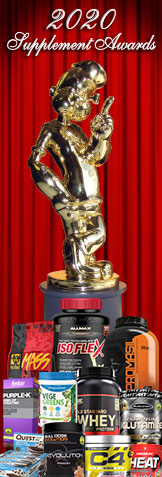Probiotics: Good Bacteria

Probiotics are strains of good bacteria, which help the digestive system work more efficiently. There are over 400 different species that make their homes in humans. Most of these bacteria are not harmful to us, in fact they contribute to human development. The most important key is to strike a balance between the good bacteria, and the bad.
Probiotics can be defined as nutrients and constituents of food which our gut flora feed upon, thereby increasing their numbers. Probiotics include fructoligosaccharrarides, which are found in many plants including leeks, onions, wheat garlic and artichokes.These bacteria help digestion and the immune system by increasing microflora levels. Probiotics, on the other hand (lactobacillus, acidophilus bifidus) are foods which provide the actual good bacteria. Therefore, the effect of a probiotic may be enhanced by having a prebiotic as a support medium.
Probiotics Role in the Healthy Lifestyle
With food processing, pollution, and antibiotic therapy, the numbers of these beneficial bacteria that occur naturally in the gastrointestinal tract are significantly reduced. This can lead to a whole host of problems including poor digestion, decreased immunity, and an inability to properly combat diseases. There is also the likelihood to have a reduced barrier against infectious food born pathogens such as salmonella or E.coli. Probiotics also decrease the duration of certain diarrheal illnesses, preventing potential dehydration and complications.
Both probiotics and Probiotics increase the colony size of the gut's natural flora, and more and more people are including them in their diet to promote good health. The bodybuilder or fitness enthusiast can also benefit, as it becomes easier to digest food, which provides a more efficient influx of energy and protein, Pro and Probiotics also boost the immune system, so those who workout regularly can train harder and recuperate quicker.
How to Supplement with Probiotics
An individual can obtain probiotics by eating live yogurts that contain active bacterial cultures, special powders or probiotic supplements. More recently, sport supplement companies have recognized the benefits, and are adding probiotics to their engineered nutrition meal replacement powders.
Sources of Probiotics
- Green Food Supplements (Progressive Vege Greens)
- Probiotic Capsules (at least 2-3 strains of bacteria, non-dairy)
- Digestive Enzyme formulas
- Meal replacement powders
Summary of Benefits
- Improved digestion
- Aids irritable bowel syndrome
- Assists in conditions like inflammatory bowel disease, ulcerative colitis, ulcers
- Prevents tooth decay
- Helps heal skin infections
- Diarrhea from flu and other gastrointestinal issues
Probiotics Products
|


 CANADA
CANADA UNITED STATES
UNITED STATES
